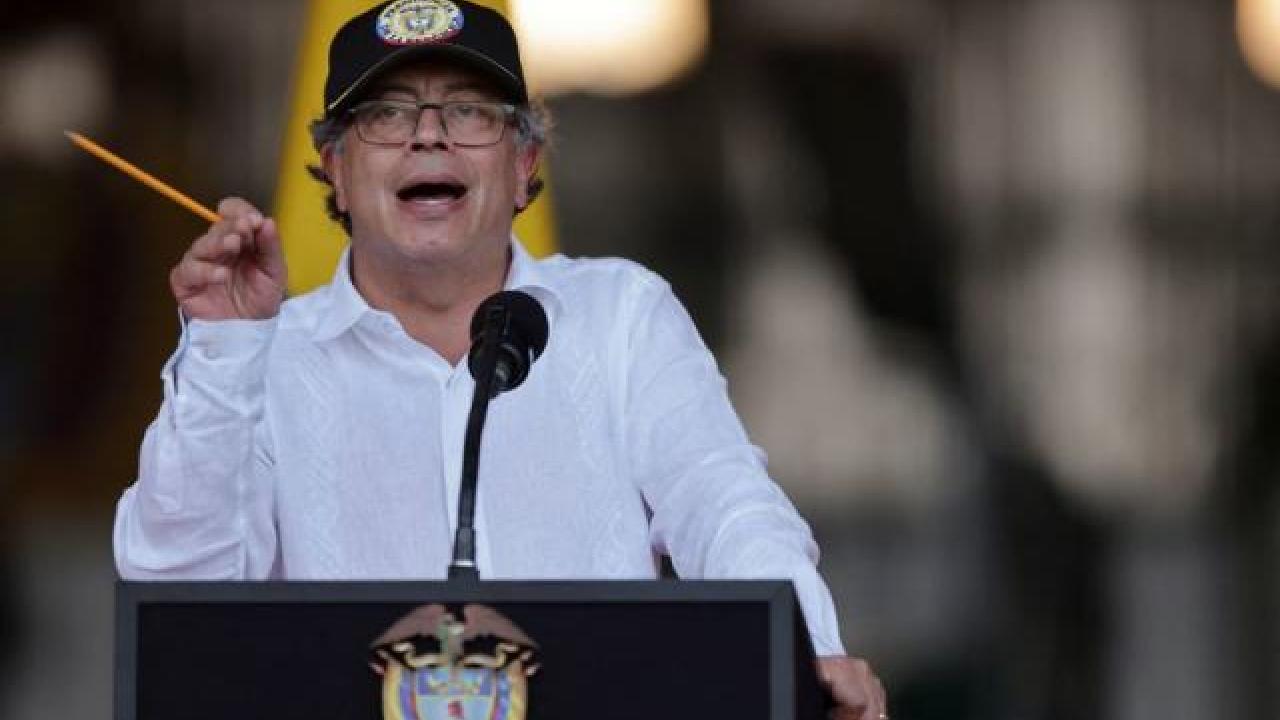
The president proposed to re-found the Colombian state on the back of a constitutional assembly that promotes his government's reform agenda by amending the 1991 Constitution.
“The national constitutional assembly must transform the institutions so that they obey the people's mandate for peace and justice in Colombia.” It is not an electoral campaign speech; those were the words of Gustavo Petro, Colombia's president, last March 15 in Cali. This is the president's way to counter the continued failure of his main reforms in congress, including one to the health system.
The proposal to re-found the Colombian State after such an assembly to draft a replacement of the 1991 Constitution generates more shadows than lights in the country's political scene and has generated opposition from various sectors.
Proof of this is that this Monday the 18th, during a plenary meeting of the Senate dedicated to the discussion of the government's pension reform, parliamentarians from different parties rejected the possibility to change the Magna Carta. Opposition not only includes the traditional right, such as the uribista Democratic Center and the Conservative Party, but also more moderate sectors that are part of the president's coalition, such as the Green Party.
In fact, Iván Name, a member of the latter party and president of the Colombian senate, questioned the legal viability of the president's idea. “President, submit the bill that would convene a National Constitutional Assembly, as required by the constitution and do not invent paths that we do not accept. Do not debase democracy,” Name declared.
In response to the controversy, President Petro wrote in his X account seven points that he offers Colombia to amend the constitution. Beforehand, he maintained that he was not planning to reform the 1991 Magna Carta from scratch or use the new legal framework to perpetuate himself in power. When it comes to the economy, three of the seven points stand out.
The first point aims to guarantee basic conditions for the existence of the entire population in the short term: potable water, health and pensions for the retired. Strikingly, the fifth point commits to establish constitutional norms to combat climate change. (For example, the decarbonization and investment in clean energy that the Petro government has promoted from Ecopetrol). Finally, the sixth point stands out for proposing reforms to public education and the agricultural sector, including a monetary policy oriented to support economic growth, while maintaining the Banco de la Republica (central bank) independence.
The agricultural reform proposal has been one of the most controversial and debated. This is predictable, taking into account that Colombia maintains a high rate of inequality in land ownership, even by Latin American standards. In 2022, NGO Oxfam reported that 1% of the population owned 81% of the land. This represents a problem that heightens social gaps, violence and clientelism.
When he came to power in August 2022, Petro tried to reverse the historical trend of failure suffered by previous governments in terms of agricultural/land reform. During the first months in office, he signed an agreement with cattle landowners to buy and deliver land to farmers. In turn, the president announced land ownership titles covering 700,000 hectares of land to 12,000 farmers. It was an auspicious beginning for a reform full of obstacles that recently revealed its limitations. In December 2023, Petro publicly admitted that his goal to redistribute three million hectares will not be reached during his mandate, because the government's inability to finance such objective.
Months earlier, in April, the Colombian president threatened to promote expropriation campaigns in the face of the unfounded accusation that Congress had eliminated a land-purchase legal provision. Currently, beyond the inflammatory rhetoric, Petro gave an interview to the local newspaper El Tiempo in which he rejects expropriation and declares that the constitutional assembly will seek to develop capitalism.
“In the campaign we said that we were not going to affect private property; my government has not even carried out any expropriation. We have not expropriated anyone. They, the opposition, have legally expropriated thousands. We are going to develop capitalism. I am a socialist, but a post-capitalist society, whatever it may be, will emerge because capitalism develops,” Petro declared.
It should be noted that the Colombian Constitution allows the summoning of a constitutional assembly through popular consultation. However, this referendum can only be called upon prior parliamentary approval. Therefore, lacking a majority in both chambers, the Petro administration would have no chance to promote a new Magna Carta and, thus, give new impetus to its delayed reform agenda.









